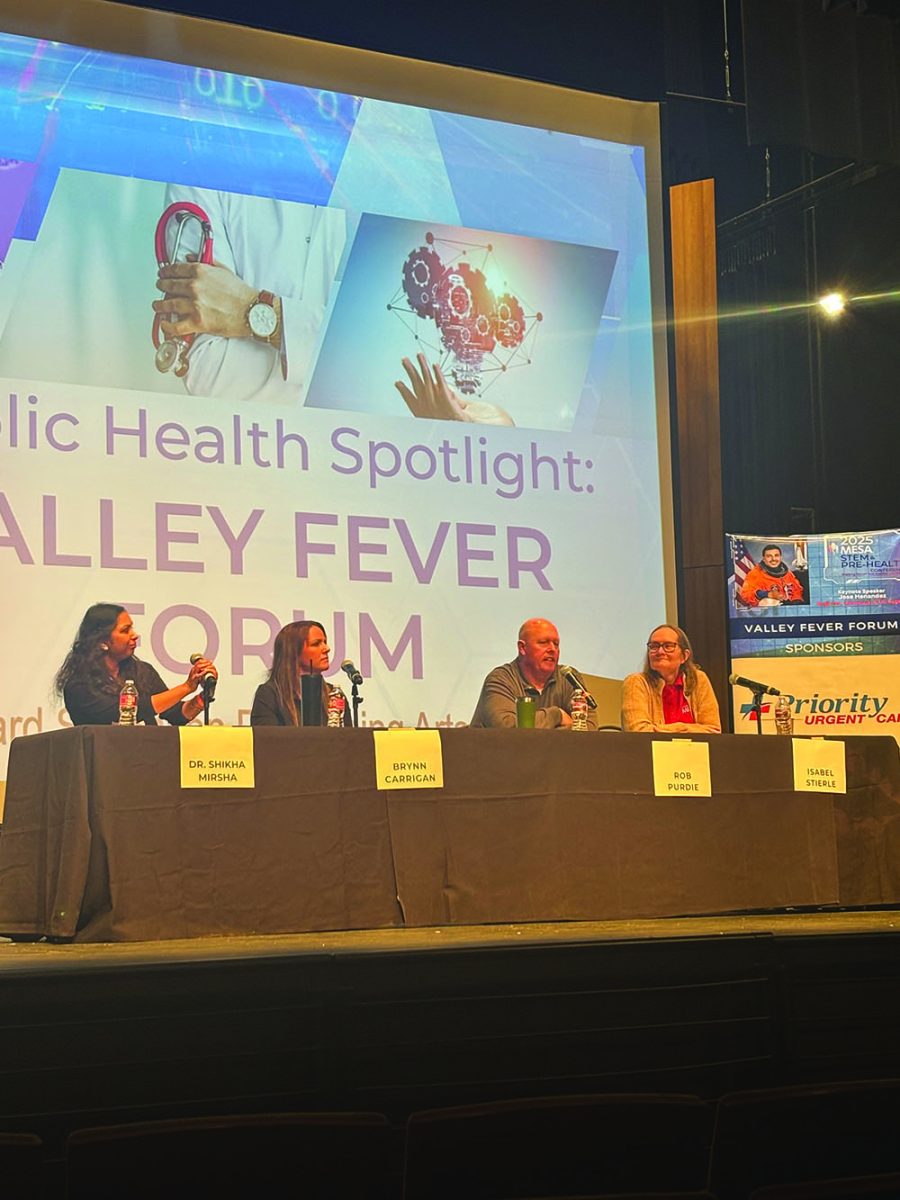California prepares for upcoming 2020 census
September 20, 2019
With the impending arrival of the 2020 United States Census next April, the state of California is being proactive about ensuring that everyone is counted. Every ten years the United States Census Bureau works to tally up every individual in the country in order to determine how federal funding will be distributed over the course of the following decade.
Because census data also correlates to the number of seats a state may be granted in the House of Representatives, it is always the intent to gather as accurate a count of the country’s population as possible. Historically, however, various members of the population have been overlooked and forgotten.
In a story released in April by KGET news, the homeless population, renters, households with limited internet access and immigrant populations have been classified as hard to count.
Of the 2010 census, Kevin Bartl of First 5 Kern told KGET that “… over a million of them weren’t counted nationally and California had one of the biggest populations of kids not counted.”
To mitigate this problem in 2020, special considerations have been made to ensure that as much of the population can be accounted for as possible. One such consideration was the Supreme Court ruling to halt the addition of a citizenship question to the census.
While the Trump administration advocated that the question was a way to better enforce the Voting Rights Act, which protects ballot access to minorities, those in opposition felt that its inclusion would discourage participation by immigrants.
Asst. Dpt. Director of the California Complete Count Office, Diana Crofs-Pelayo, suggests that families of undocumented immigrants, in particular, are more likely to avoid the census out of fear of retribution over citizenship status.
To counteract the stigma, the Complete Count Office has established administration-based community organizations statewide, to engage in public outreach. The office has been provided with $187 million to enable these groups to work with individual counties, educational institutions, tribal governments and various non-profits so that they may pay close attention to hard to count populations.
The hope, according to Crofs-Pelayo, is that outreach efforts at the local level will resonate further among hard to count individuals, who might be more receptive to information provided by members of their own communities.
“It is important that everyone is counted because it doesn’t affect just one group. An accurate count affects the entire population,” Crofs-Pelayo said.
Crofs-Pelayo explained how accurate counts don’t just ensure that the state receives adequate funding, but also helps to guarantee that the distribution of state’s representation in Washington is proportionate to the populations of each district within.
There are just over six months left to finalize preparations for the 2020 census, and with such high stakes to consider, the Census Bureau is doing its best to make sure that everyone counts.





